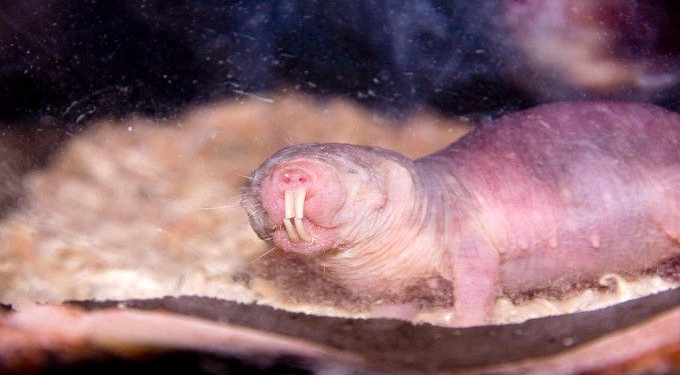
By Abby Norman | Futurism
Telomere Trouble
If humans can’t yet achieve immortality, the next best thing would be finding a way to slow down or even reverse the process of aging. While there’s an entire industry devoted to so-called “anti-aging,” the biological truth is that our fate is written in our DNA. Specifically, the end bits which are called telomeres.
These “caps” don’t hold the codes for proteins like genes do, so when the telomere gets a bit shorter each time the DNA replicates, no important information is lost. In humans, those telomeres will eventually get too short and coding DNA will start to be lost in the replication process, throwing a major hitch into cell regeneration. If our cells are no longer replicating at the rate they once did, the impact is felt throughout our body — in short, we start getting older and slowing down.
In one of their YouTube videos, MinuteEarth explains the role telomeres play in aging across multiple species — and why some animals, such as the naked mole-rat, don’t seem to age at all. Despite their wrinkly appearance, naked mole rats produce a special enzyme that rebuilds the telomeres that keeps them young. Or, at the very least somewhat indefinitely middle-aged.















